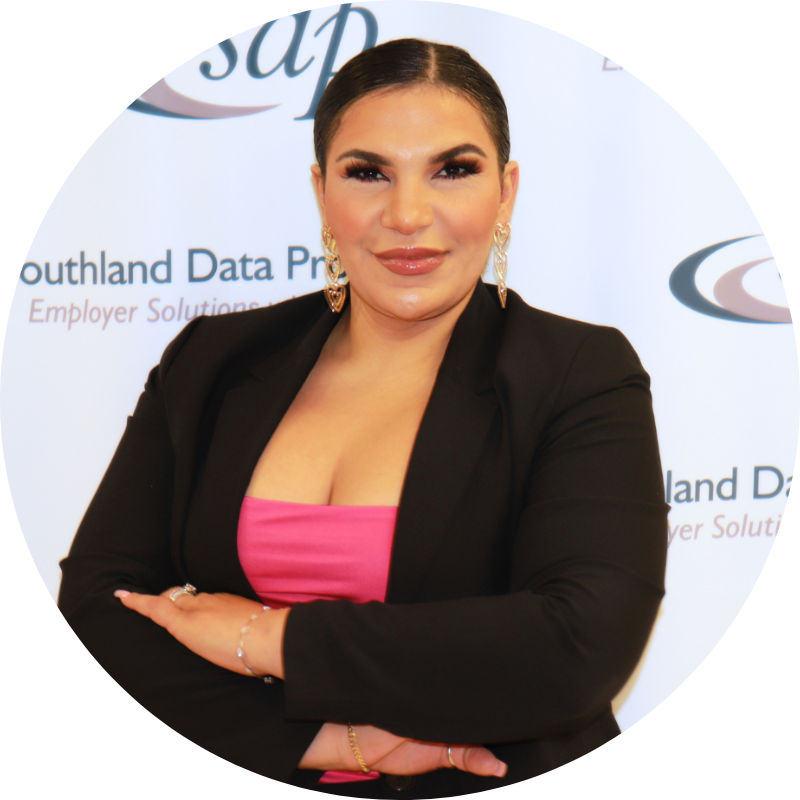 by Loura Cortez, HR Solutions Specialist
by Loura Cortez, HR Solutions Specialist
Embracing flexibility in the workplace and fostering work-life integration are essential components of a thriving and progressive organization in today’s dynamic and fast-paced environment. Recognizing and implementing these principals can contribute significantly to the success and well-being of both organizations and employees.
Simply put, flexibility in the workplace refers to an organizational approach that allows employees to have more control over how, when, and where they perform their work tasks. This concept goes beyond traditional work structures and acknowledges the changing dynamics of the modern workforce.
Workplace flexibility may include:
Flexible Work Hours – Employees have the option to adjust their daily start and end times, allowing for work hours that align with peak productivity periods and personal commitments.
Remote Work Opportunities – Allowing employees to work remotely, either on a permanent or occasional basis, provides the flexibility to choose where employees work and fostering a better work-life balance.
Compressed Workweeks – This involves condensing the standard five-day workweek into fewer days by extending daily working hours. For example, employees might work four longer days and have an extra day off.
Job Sharing – In a job sharing arrangement, two or more employees share the responsibilities of a full-time position. This allows individuals to balance work and personal commitments while still contributing to the organization.
Part Time Work – Offering part time employment allows employees to work fewer hours than the standard schedule, accommodating those who may have other commitments, such as caregiving or pursuing further education.
Flexibility in Location – Beyond remote work, this involves giving employees the option to work from different office locations or even from co-working spaces, providing a employees with a diverse work environment.
Flexibility and Personal Development – Supporting employees in pursuing professional development opportunities or further education can contribute to their growth and satisfaction. This may involve flexible schedules to accommodate training or education pursuits.
Read on about the benefits of flexible scheduling in the workplace.
Employee Satisfaction and Well-being – Offering flexibility in work arrangements, such as remote work options or flexible hours, enhances employee satisfaction and well-being. When employees have the flexibility to manage their work schedules in a way that suits their personal lives, they are more likely to be content and engaged, leading to increased productivity and creativity.
Talent Attraction and Retention – In a competitive job market, attracting and retaining top talent is crucial. Many professionals now prioritize a healthy work-life balance, and organizations that accommodate this preference are more likely to attract and retain skilled and motivated individuals. Flexibility can be a key differentiator for any organization in the eyes of potential employees.
Increased Productivity – Contrary to the traditional belief that productivity is linked to a strict office schedule, studies have shown that flexible work arrangements can lead to increased productivity. Employees often appreciate the autonomy to structure their work in a way that suits their individual productivity peaks, resulting in better outcomes for the organization.
Adaptability to Change – The business landscape is constantly evolving, and the ability to adapt quickly is a key factor for success. Flexible work arrangements cultivate an environment of adaptability and resilience. Employees who are accustomed to working in various settings and schedules are more likely to navigate change effectively.
Cost Savings – Flexibility in the workplace can also translate into cost savings. Reduced office space requirements, lower utility costs, and decreased employee turnover expenses contribute to overall financial benefits.
Improved Work-Life Integration – Work-life integration focuses on the blending of professional and personal life. When employees feel supported in managing their responsibilities both at work and at home, it leads to reduced stress and burnout, contributing to long-term employee satisfaction and loyalty.
Implementing flexible work schedules involves legal and compliance considerations to ensure that your organization is in accordance with labor laws and regulations. In addition to a thorough review of applicable labor laws, organizations also must update employment contracts and policies. And, importantly, ensure compliance with the Fair Labor Standards Act (FSLA), Equal Employment Opportunity (EEO), and Occupational Safety and Health Administration (OSHA). There may also be tax implications to be considered as well as data security and privacy, employee benefits, compensation, communication, documentation, performance evaluation and monitoring.
Southland Data Processing’s SDP – HR division provides HR guidance, audit reviews and can assist organizations with implementing and managing flexible work policies. We’ve helped many businesses transform their organization for the better, and within regulatory compliance guidelines. Contact us for a complimentary consultation and to learn how to get started with implementing a flexible workplace strategy.
In summary, embracing flexibility in the workplace and promoting work-life integration is not just a matter of employee preference. It is a strategic decision that can positively impact an organization’s performance, culture, and bottom line. By prioritizing the well-being and needs of employees, the organizational result is an investment in long-term success and sustainability.
As an experienced payroll partner, Southland Data Processing offers support to help keep payroll processing organized, compliant and accurate. Clients can expect to have access to a variety of resources, training and educational webinars to stay current with the latest news and information.
Our payroll professionals assist our clients with payroll, workforce management, benefits administration, and human resources needs. To get started or learn more about these solutions, simply contact us today. We also invite you to meet with us today for a complimentary HR consultation and to learn how we can support objectives, overcome challenges, and address issues quickly and accurately.
For more information about our payroll services, please contact our payroll professionals at 909.946.2032. Or, click here and Let’s Talk!
For the latest updates, follow us on LinkedIn, Facebook, Twitter, YouTube, Instagram and TikTok for even more business tips and news.
*Southland Data Processing, Inc. (“SDP”) is not a law firm. This article is intended for informational purposes only and should not be relied upon in reaching a conclusion in a particular area of law. Applicability of the legal principles discussed may differ substantially in individual situations. Receipt of this or any other SDP materials does not create an attorney-client relationship. SDP is not responsible for any inadvertent errors that may occur in the publishing process.

